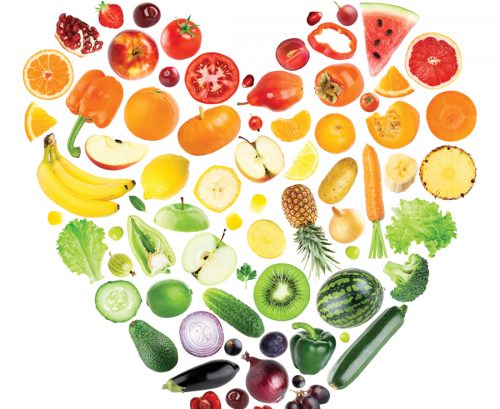The Deception Behind Vending Machines

As you walk past the cafeteria with prevalent hunger, the glass surface displaying multitudes of alluring brightly packaged snacks captivate your eyes and the thought of a good old bag of fresh-baked hot Cheetos releases dopamine into your brain. Signaling the mouth watering desire for this snack must be fulfilled. On the other hand, cafeteria food is always an option. Nonetheless, you predictably (unintelligently) insert a dollar bill in hopes of relishing that irresistible highly processed, and refined food merely advertised as a “healthy snack.” You wholeheartedly punch in the numbered product you want, and are satisfied when the vending machine releases it. But you are so blissfully content, you are completely unaware of the fact that you were just scammed.
Every time you insert a dollar into a vending machine, it’s as if you are pulling a slot machine. Ultimately, you will never be able to predict the outcome of getting robbed of a dollar or two, so you continuously buy a bag of chips everyday. Regardless of the fact that there’s a chance you may not even get your money’s worth in. Unfortunately, the vending machines are instructed to use at your own risk, so there’s no finger to point to in the school for a refund as they did not design the machines. And although there are signs attached to these machines, promptly warning students of this, a preponderant amount of individuals disregard it, and pay no attention to this scam.
Not only are you deliberately gambling at getting a snack, or drink. But these foods are displayed/advertised for the sole purpose of apprehending your attention and influencing daily decisions in what you decide to consume. This puts you in a vulnerable state where you gain the psychological desire to purchase these products. We are nothing more than customers funding for a profitable company targeting certain audiences, in anticipation of corruption. What we fail to realize when hunger overwhelms the body, is that we are constantly exposed to and surrounded by impulsive environments designated to trigger a food craving. From advertisement, to color choice, and font all of the following are significant factors in contributing to human behaviors and everyday food selections.
From a nutritional standpoint these widely ranged foods aren’t even considered “healthy”. There is a substantial difference in calories depending on the ingredients they may contain. So, “low calories” doesn’t necessarily mean healthy. Take for instance, 160 calories in almonds, in comparison to 160 calories in a soda. Because there is no fiber in the soda, your liver processes the sugar, gets a sugar rush, and the sugar is transferred into fat. This disregards the assumption that maintaining a healthy weight can be made possible by keeping track of calorie intake. It’s not the calorie intake we should be monitoring, it is the sugar. You might argue sugar is difficult to abstain from, as a significant amount of foods contain it, especially if you’re taking in account replacements for it. However, it can be consumed in moderation.
But back to low calorie sodas. If anything, they contain more grams of fat in artificial flavor and sweeteners than the standard sodas containing actual sugar do. Furthermore, they promote higher risk in developing long term health conditions or even heart disease, and can increase blood pressure. In spite of all the health risks associated with consuming these foods, they continue to enhance happiness and emotional attachment. Food has essentially become a coping mechanism for some, and also supplies students with energy. Subsequently leading to a vast majority proceeding to purchase these products. However, this short term energy and satisfaction provided by sugar is none other but an illusion. The brain responds and receives it quickly. This stimulates the mesolimbic dopamine system, and the activation causes dopamine levels to rise. Rising dopamine levels have lasting impacts on the human body. Some of which include anxiety, difficulty sleeping, stress, mania, and inability to engage/focus on tasks or learn.
We’ve presumably become dependent on these sugars and these products as a source for energy, and overlooked the effects in which our health is at cost. And though there is no clear cut solution, it’s safe to say you should avoid these machines, as these perfunctory snacks are unsustainable for our long term health. More so, we should focus on engaging in more self-discipline and developing healthy eating habits. Additionally, improving Cafeteria food available to students for the sake of their own physical health and well being.










